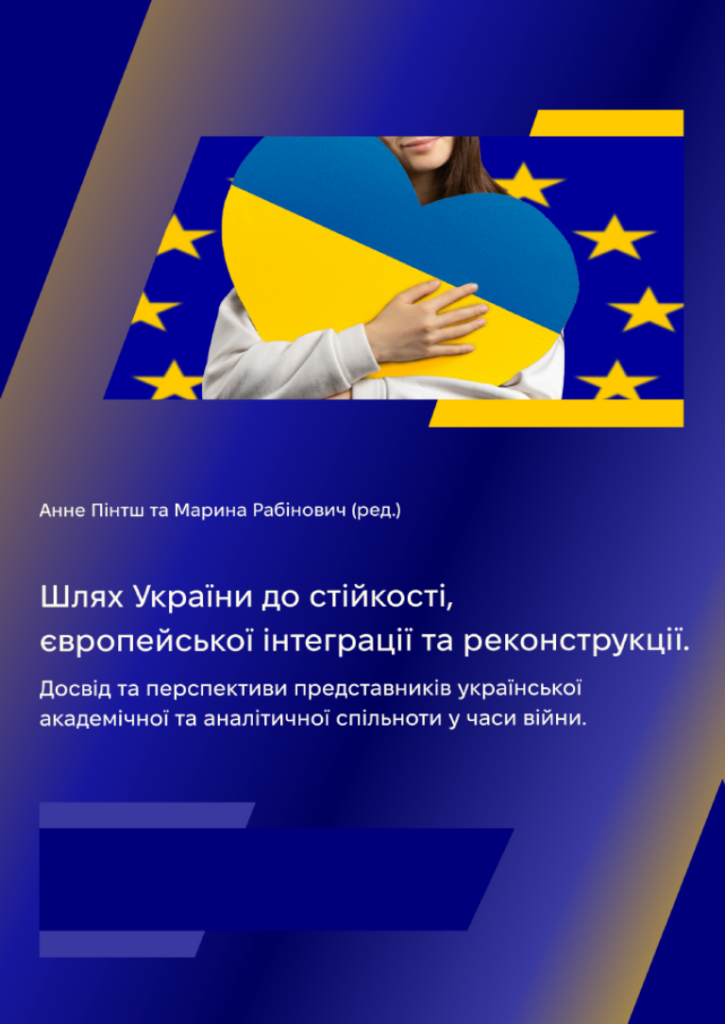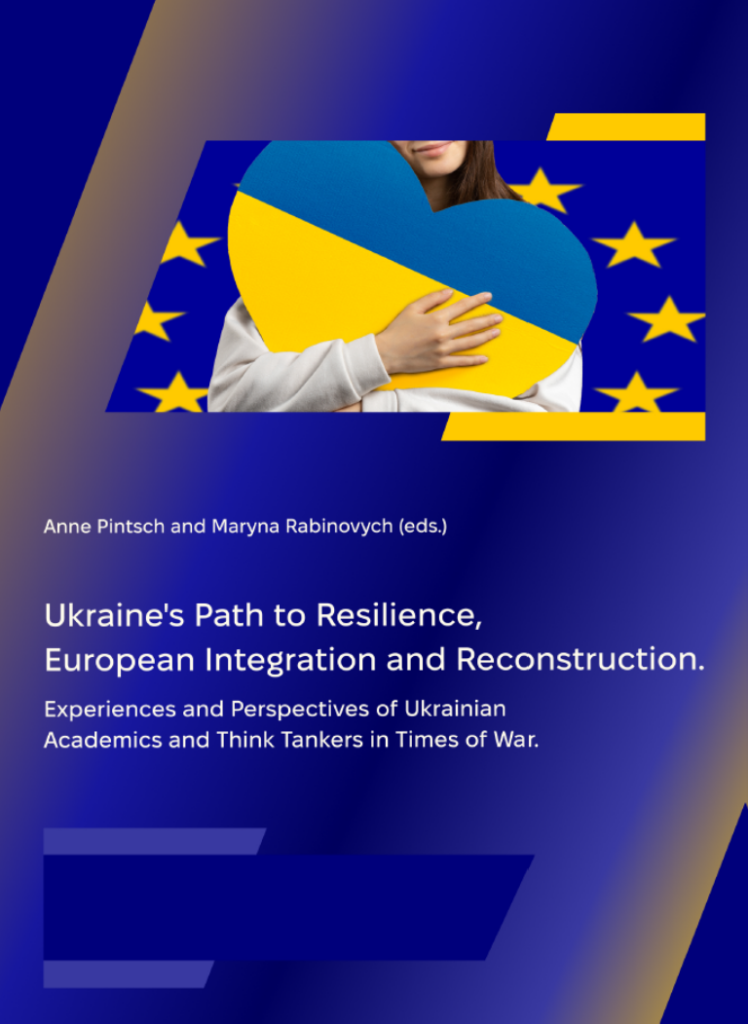The project blog series provides a first-hand insight into Ukrainian scholars’ and activists’ experiences in relation to the war and the current and ongoing reconstruction efforts.
The blog takes a people-centered approach, and puts emphasis on an individual take in each of the materials. It also understands reconstruction as a holistic process, comprising both the rebuilding of physical objects and strengthening the capacity of Ukrainian civil society. The contributions thus engage with a broad range of topics, such as institution-building, education, volunteering and European integration.
Some of the blog contributions were previously published with the #RebuildUkraine series, co-edited by the Project Team, on UiA’s Democracy in Action Blog, or the HROMADA blog.
Brochure
Some blog contributions have been published in a brochure produced by project partner Ukrainian Prism. The PDF versions can be downloaded here:
Blog contributions
Why is the East important to the North?, Maryna Rabinovych
Ukraine needs to think about its economic future after the war, Ganna Kharlamova & Andrii Stavytskyy
How think tank Ukrainian Prism reinvented itself after Russia’s invasion, Olga Czyzhova & Hennadiy Maksak
Halyna Protsyk: “Internationalisation makes Ukrainian universities stronger”, Maryna Rabinovych & Anne Pintsch
Adaptive philanthropy: How Ukrainian civil society, international donors, and the Ukrainian state navigate the war’s challenges, Sergiy Gerasymchuk
How artificial intelligence can help rebuild Ukraine, Iryna Fyschchuk
On the road to sustainable rebuilding and EU membership, Ukraine must accelerate the development of environmental laws and policies, Olya Melen-Zabramna
Balancing wartime restrictions and environmental democracy standards on Ukraine’s path towards the EU and green reconstruction, Yelyzaveta Aleksyeyeva

